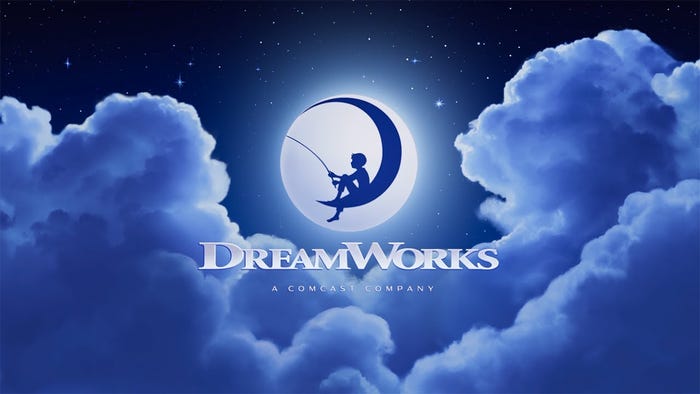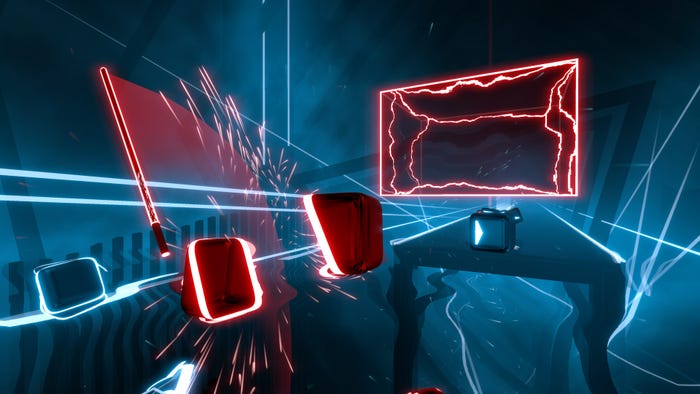Blogged Out: 'Cause For Panic'
In his latest 'Blogged Out' column, veteran UK writer Jim Rossignol takes a look at the world of developer blogging, this time with a dose of cynicism, a whiff of hyperbole, and some good old fashioned practical advice.

Welcome to 'Blogged Out', the news report that looks at the world of developer blogging and the conversations being had with the community at large. This week: becoming a designer, real bowling, and more multiversal moaning. Have Blogs Brian ‘Psychochild’ Green makes my life easier. His blogging is expansive and interesting, with regular visits to the land of gaming discussion, and plenty of hints for budding designers. Recently he has been training one of his colleagues as an MMO designer and he’s written the process up into a large, meaty blog post. “The primary job of a designer is communication. This means you need to get used to doing a lot of writing, meeting, and explaining. Your ideas are actually secondary to the main focus of explaining those ideas. A designer with mediocre ideas and great communication skills is better than a designer with super ideas and no communication skills in a project of more than one person. Given this focus on communication, it should come as little surprise that people who design tend to write a lot and have blogs.” It’s practical advice, and just the sort of thing that Gamasutra articles are generally made of. Hmm, that gives us an idea... Really Pumping Prolific gaming academic Jane McGonigal has been filling out the white space on her blog with some thoughts on the Wii. She enters the tricky terrain of discussion what is and isn’t a simulation, and what the added physicality of the Wii controller really means for gaming. “Let me try to say it another way. Wii is awesome because you are REALLY playing. You are not vicariously playing through an avatar whose movements you immersive yourself in. You are REALLY doing stuff, REALLY sweating, REALLY pumping out endorphins. I know that you're not REALLY "skating" or REALLY "bowling", in the case of the Tony Hawk game and Wii sports respectively. But you are REALLY using your body in totally fun, original, happy-making ways.” Of course there’s argument for which you’re REALLY using your Quake twitch-gaming to improve hand-eye co-ordination, visual processing, timing, and space awareness skills too. All games have some kind of physical impact, no matter how indistinct it might seem. All of which flailing-arms excitement leads me to wonder: if the Wii really is the future of gaming, could the gamer stereotype one day be that of a remarkable buff guy obsessed with fantasy worlds and tight fitting Ts? Cyberskeptic 2.0 While it pains me to report on more Second Life chatter, I was interested to see the responses generated by this post on economist-gamer Randolph Harrison’s blog, Capitalism 2.0. Harrison contends that Second Life’s economic and financial trumpeting has led to it being something like a pyramid or ponzi scheme. He contends that people are throwing away money on it, as they might do on traditional confidence-trickster scams. “The fact that tax evasion, organized crime and money laundering exist in the virtual world doesn’t distress me all that much; these things exist in the real world, and have for a pretty long time. The distressing part is what this single mom said later; the same thing one will hear over and over from Second Life residents: she was just doing the cybersex and E-Bay stuff to fund her virtual jewelery store. She was a jewelery designer, and had already opened a little shop in a virtual mall. And, to her amazement, she’d already made over L$50,000 after only a month (about $185 USD). I didn’t bother to point out that she hadn’t counted her expenses for renting her virtual shop or accounted for taxes, let alone the fact that she was earning less than 1/100th of what she could get just flipping burgers in the real world.” All this makes Harrison rather unhappy, and rightly so, but other bloggers see his claims as rather too bold. Punk-rocking Mark Wallace of 3pointD responds: “The problem — and it’s a real one — is that Linden Lab advertises SL as an economy as robust as any mature real-world economy. It simply isn’t yet. But neither is it a scam... A more scientific inquiry would find that what SL’s economy resembles is that of a small developing nation: The banks don’t work, the markets are subject to sudden shocks and vulnerable to bad actors, there are many hidden costs of doing business, and things that have value within the local economy are often worth much less outside it, yet there’s room for growth if things are managed carefully and in an above-board fashion.” Meanwhile the unblinking eye of the internet continues to make judgments about the hyperbole (as well as the reasonable and well-constructed commentary) that slews out of the Second Life coverage bonanza. Damion Schubert’s blogging presents a pleasingly skeptical overview of some of the most recent chatter: “Second Life is a good idea that is hampered by overwhelmingly complex UI, an utter lack of direction, and movement that feels like wading through molasses, among other issues. Then you get into the tech issues: hacks, in-game worms, the CopyBot fiasco and press events being interrupted by flying phalli. All of this is actually fine, if Second Life were content with being a niche game. Hey, I’ve worked on niche games. I know all about uncomfortable business realities forcing unfortunate design and tech priorities. But instead we’re treated to constant stories about how SL has reached 2.5 million customer trials, with almost no discussion about how only 20K of those are online concurrently at any time. The resulting percentage is cause for panic, not tribulation.” Ultimately, I can’t help wondering how long it will be before something else will be able to take the place of Second Life in our media diet. Isn’t its real success the fact there’s simply nothing that competes with it, and right now we need something to represent the future?
Read more about:
2007About the Author(s)
You May Also Like













